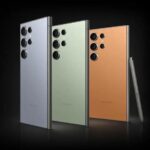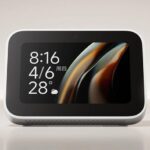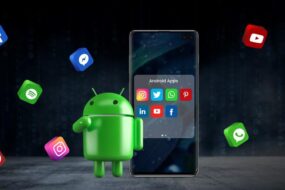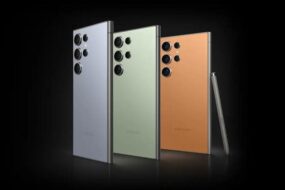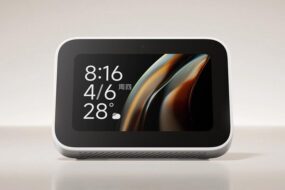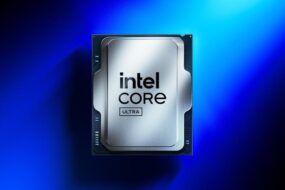
At Apple’s “Glowtime” event on Monday, the company introduced its new range of products, incorporating its own brand of generative artificial intelligence, called Apple Intelligence. This AI technology is embedded across the latest Apple Watch, AirPods, and iPhone models, offering features such as sleep apnea detection, hearing loss assistance, and better management of photo libraries.
Mark N. Vena, president of SmartTech Research, commented, “Apple is integrating AI into everything.” He pointed out that the company made significant upgrades across its devices but emphasized that the main focus of all the announcements was AI, highlighting it as the centerpiece of the new products.
Gene Munster, managing partner at Deepwater Asset Management, cautioned that the features and pricing discussed at the event should be seen as secondary to the broader impact of Apple Intelligence. “The real shift here is not about individual features but a new paradigm that will change the way Apple’s 1.8 billion users engage with technology,” he said, comparing the introduction of the iPhone’s touchscreen in 2007 to a major technological shift. “Apple Intelligence will make AI simpler and more intuitive, which is a unique strength of Apple, combining hardware, software, and services.”
Apple also unveiled its new Apple Watch Series 10, which features a slimmer design, 30% larger displays, and cases made of aluminum and polished titanium. Powered by the new S10 SiP, the watch includes a sleep apnea detection feature and offers 18 hours of battery life. Starting at $399, the Series 10 will be available on September 20.
Analyst Anshel Sag of Moor Insights & Strategy believes that the larger display will be a key selling point, potentially prompting users to upgrade, especially those with the Ultra model. “People are increasingly looking for bigger screens on their wrists, as long as it doesn’t sacrifice battery life,” he said, adding that the new model also offers better viewing angles, which is important for ease of use.
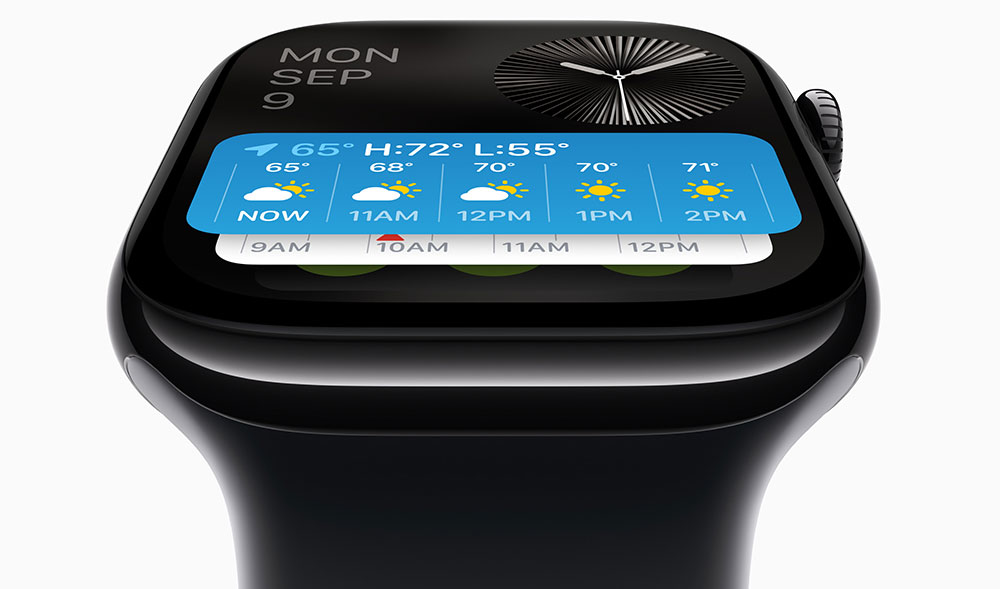
Tim Bajarin, president of Creative Strategies, a tech advisory firm in San Jose, California, praised the Apple Watch’s new sleep apnea feature. “For anyone with significant sleep apnea, the health risks can be severe,” he told TechNewsWorld. “Being able to test for sleep apnea during a regular sleep cycle is crucial.” He explained that the test results can be shared with a doctor, who can assess the severity of the condition based on the data.
Apple Watch Ultra 2 Updates
Apple also introduced updates to the Apple Watch Ultra 2, now featuring a new titanium case and sapphire front crystal. Starting at $799, the updated model will be available on September 20.
AirPods Line Gets a Refresh
Apple refreshed its AirPods lineup, enhancing the audio performance in both the AirPods 4 and AirPods Pro 2. New colors were also introduced for the over-the-ear AirPods Max, and the AirPods Pro received additional upgrades. The AirPods 4 are priced at $129, with the noise-cancelling version priced at $179. The AirPods Max is priced at $549, while the AirPods Pro 2 is available for $249. All will be available starting September 20.
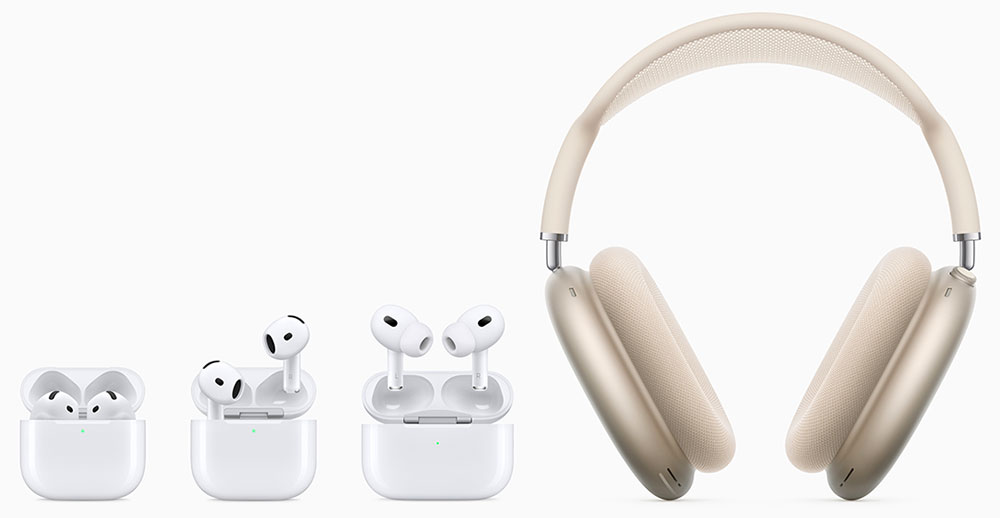
“I was surprised that Apple spent so little time on the AirPods Max,” Vena commented. “Those over-the-head headphones haven’t seen an upgrade in years. I’ve been using mine for quite a while, and the only change they made was switching from the Lightning plug to USB-C.”
With the introduction of the new AirPods Pro 2 lineup, Apple is making its move into the hearing health market. The AirPods Pro can now not only perform hearing tests but also function as hearing aids.
“They didn’t spend much time discussing the hearing test feature, but it’s a significant addition,” Bajarin pointed out.
“Many people are aware they may have some hearing loss but don’t fully understand how severe it is. With this new software, they can actually take a hearing test. That’s a big deal because, currently, to do a hearing test, you have to visit a doctor or an audiologist in person. Having the option on your phone makes the process so much easier,” he explained.
“The software can also transform the AirPods Pro into a clinically approved hearing aid,” he added. “What’s crucial to note — and I believe will make the AirPods a massive success — is that they can eliminate the stigma associated with hearing aids.”
“There are many people who hesitate to use hearing aids because they associate them with a medical issue,” he said. “But if you’re wearing the new AirPods Pro and using them as hearing aids, no one would know. They’ll just think you’re listening to music, which removes that stigma.”
“I believe that’s a game-changer,” he concluded. “I think it will encourage more people to check their hearing and explore this type of solution, which is much more affordable than most traditional hearing aids and makes it a far more accessible health tool.”
Smarter Siri
The iPhone 16 and 16 Plus are powered by the new A18 chip, while the A18 Pro is found in the Pro and Max models.
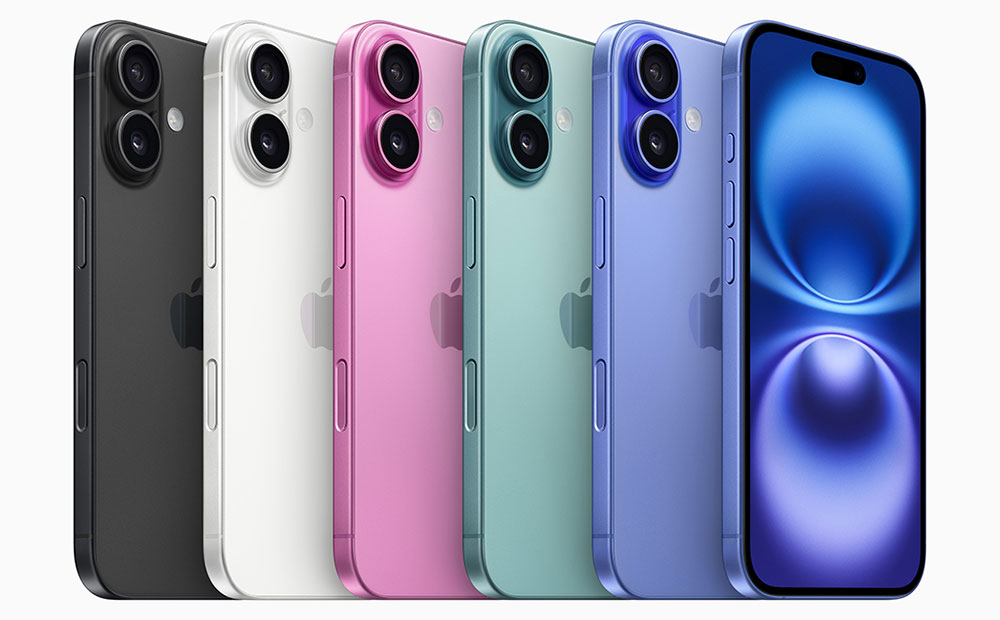
“It’s crucial for developers that the A18 chip is used across all iPhone 16 models,” Sag remarked. “The days of a two-tiered strategy are over. This shift will help streamline which features are supported by the silicon.”
“The A18 Pro chip boasts the most powerful neural processing engine the iPhone has ever seen,” Bajarin pointed out. “This is essential for handling the data needed for generative AI. As a result, the A18 Pro chip makes the iPhone 16 the most advanced AI-enhanced smartphone on the market today.”
“It also makes Siri significantly smarter, enabling it to not only provide data but also analyze it,” he continued. “For example, it can quickly sift through your photo library to identify every picture of your dog or even create albums automatically for you.”
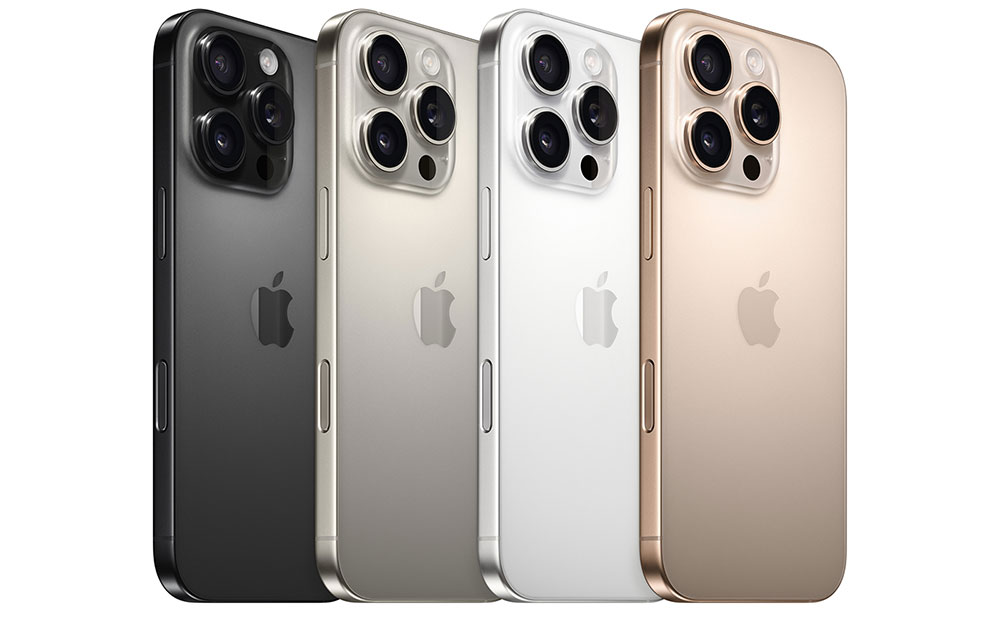
While Siri may be getting smarter, it may not be a game-changer just yet. “I don’t believe Siri is quite the new interface that will transform how we interact with the world around us,” said Thomas Husson, vice president and principal analyst at Forrester Research, a market research firm based in Cambridge, Mass.
“However, there are clear indications that Siri is evolving into more of a digital agent, utilizing your on-device data and personal context to provide new multimodal experiences and take actions on your behalf,” he told TechNewsWorld.
The iPhone 16 introduces several camera enhancements, including a camera control button, a 48MP fusion camera, and the equivalent of four lenses. The pricing is as follows: iPhone 16 for $799, iPhone 16 Plus for $899, iPhone 16 Pro for $999, and iPhone 16 Pro Max for $1,199. The devices will be available starting September 20.
Apple also offers generous trade-in values for iPhone 12 models and later, which can be used toward purchasing the iPhone 16. “They want to create a strong upgrade cycle that encourages more people to adopt Apple intelligence-capable devices,” Sag noted.
“I believe they aim to build a solid Apple Intelligence user base, which will, in turn, convince developers to create for it,” he added. “The company is placing a significant portion of its success on Apple Intelligence being widely supported by developers in a cohesive and effective manner.”


